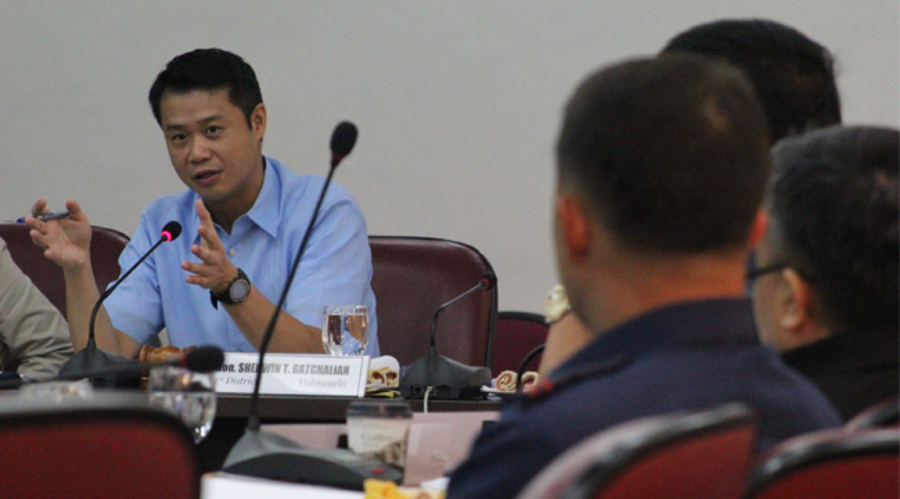
An award-winning public servant from Valenzuela City wants a new Anti-Hazing Law that would make local government units or LGUs accountable for the existence of community-based fraternities, sororities, organizations, and similar groups.
Valenzuela City Congressman Win Gatchalian said it is important if the consolidated bill that would merge all proposals amending the Anti-Hazing Law of 1995 could put all cities, municipalities, and barangay offices in charge of monitoring community-based groups.
Gatchalian, who is the primary author of the House Bill No. 4714 or the Servando Act, clarified this “monitoring” should include the registration as well as the regulation of fraternities, sororities, organizations, and similar groups that are operating in communities.
“In our new amendment, we took into consideration the comments of stakeholders and have proposed to make LGUs as the de facto regulator of community-based fraternities, sororities, and other groups,” Gatchalian said.
The Servando Act author issued the statement during the third sub-committee hearing of the House of Committee on the Revision of Laws held inside the Batasang Pambansa Complex, Quezon City last November 5.
Gatchalian was appointed as head of the technical working group (TWG), which was tasked by the same panel to merge all bills aiming to amend the Anti-Hazing Law of 1995 filed before the House of Representatives.
The former Valenzuela City congressman noted appointing LGUs as regulators of community-based fraternities will aid the investigation in case a hazing incident arises as they would have first-hand access to the information of these groups.
Gatchalian, who is a member of House Committee on Higher and Technical Education, also noted that such move will lessen the burden on schools, universities, and other education institutions that finds it difficult to monitor activities outside their jurisdiction.
Dr. Reinelda Raffinan, a representative from the Department of Interior and Local Government (DILG), lauded the Gatchalian’s Servando Act, which he said is in line with the right to form groups under Article 2, Section 8 of the 1987 Constitution.
“The Department (DILG) agrees with HB 4714 in so far as it institutionalizes a mechanism which will require these fraternities and sororities to abide by the rules; and serve as a ground to form its own administrative power,” Raffinan said.
Gatchalian and his team also wants existing community-based fraternities, sororities, organizations, and similar groups to register to its respective LGU and submit a yearly updated list of its members and officers.
LGUs shall assign at least two officials during an initiation rite of a fraternity, sorority or any organization within its scope of responsibility to see that there will be no hazing is conducted.
In conducting initiation rites, groups will be mandated to take an oath and submit a written application, which contains the names of officers in charge, to their respective LGU a week prior to the date of initiation, which should not last more than three days.
The TWG is set to discuss all the position paper of stakeholders and finalize the consolidated version of all proposed anti-hazing laws on November 19 before submitting its final form to the mother committee. (Tim Alcantara)


